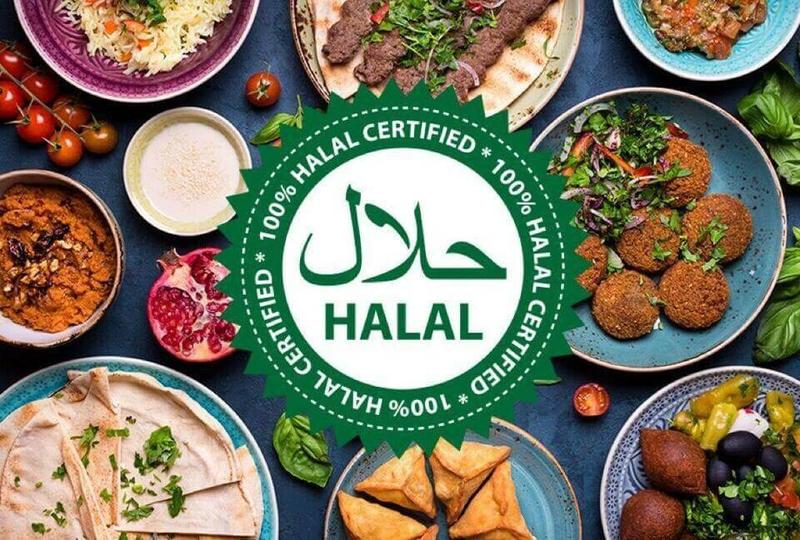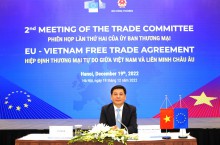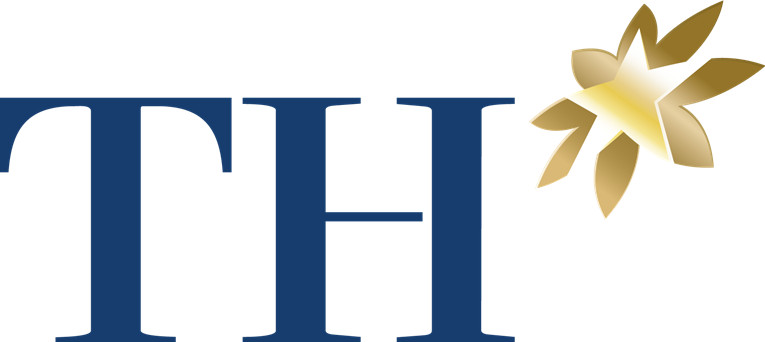The News
Assessing potential of exporting Viet Nam’s Halal products to Malaysia
The Halal industry in Malaysia provides compliant products and services to Muslims in Malaysia. In 2021, the Malaysian Halal industry reached 3.1 billion USD and is expected to increase to 5 billion USD in 2030. It is considered as one of the potential export industries of Viet Nam in the Malaysian market.
The Halal industry in Malaysia provides compliant products and services to Muslims in Malaysia. In 2021, the Malaysian Halal industry reached 3.1 billion USD and is expected to increase to 5 billion USD in 2030. It is considered as one of the potential export industries of Viet Nam in the Malaysian market.
The Halal industry in Malaysia provides compliant products and services to Muslims in Malaysia. In 2021, the Malaysian Halal industry reached 3.1 billion USD and is expected to increase to 5 billion USD in 2030. It is considered as one of the potential export industries of Viet Nam in the Malaysian market.

Malaysia has been ranked highly in the international comparison of cross-border transactions. However, this is not a completely free market. Malaysia's import barriers are aimed at protecting the domestic market and strategic sectors, as well as maintaining cultural and religious norms.
Technical barriers such as Halal certification for the import of meat and poultry are regulated through licensing and sanitary controls. All imported beef, lamb and poultry products must originate from establishments that have been approved by the Malaysian authorities as Halal or approved for consumption by Muslims. Pork, beef and their products can only be imported into Malaysia if an import license is issued by the Department of Veterinary Services (DVS) of Malaysia. Each consignment must have a valid import permit issued by the Malaysian Quarantine and Inspection Services (MAQIS). Permissions are granted on a case-by-case basis and are sometimes denied without explanation.
Malaysia has implemented the MS1500: 2019 on food product standard, which sets out general guidelines for the production, preparation and storage of Halal food. Many exporters claim that it is much more stringent than the Halal standard. Codex Alimentarius is recognized by many countries. This new standard requires slaughterhouses to maintain dedicated Halal facilities and ensures segregated transportation of Halal and non-Halal products. Malaysia also requires inspection of all establishments intending to export meat and poultry products to Malaysia.
Viet Nam has the advantage of possessing abundant raw materials such as coffee, rice, processed products, seafood, spices, beans, vegetables, etc. and potential for participating in Halal food supply chain in the Malaysian market. However, Viet Nam has not really captured a significant market share in the Halal field. Viet Nam's ability to export Halal products is still quite modest. The reason is due to differences in business culture, consumer tastes and especially Halal certificates.
To expand export to the Malaysian market, Vietnamese enterprises need to obtain Halal certification, improving product quality, building a trade distribution system, promoting products, etc. At the same time, it is necessary to focus on the items that Malaysia and Muslim countries are in need of such as rice, agricultural products, etc. which are key products of Vietnam./.

-cr-220x145.jfif)


